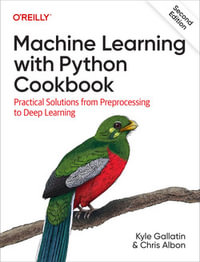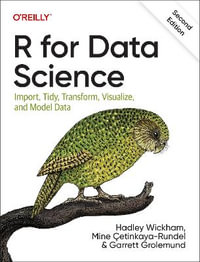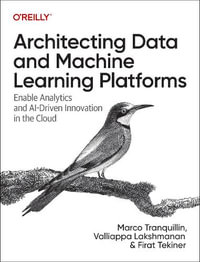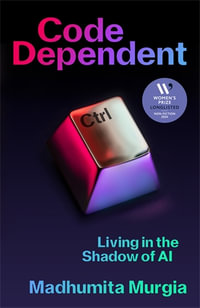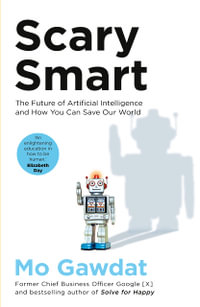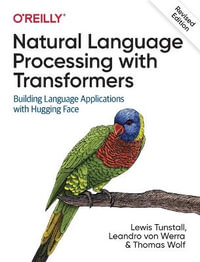
Knowledge in Formation
A Computational Theory of Interpretation
By: Janos J. Sarbo, Jozsef I. Farkas, Auke J.J. van Breemen
Hardcover | 17 June 2011
At a Glance
Hardcover
$243.04
Aims to ship in 7 to 10 business days
ISBN: 9783642170881
ISBN-10: 3642170889
Series: Cognitive Technologies
Published: 17th June 2011
Format: Hardcover
Language: English
Number of Pages: 232
Audience: Professional and Scholarly
Publisher: Springer Nature B.V.
Country of Publication: DE
Dimensions (cm): 23.39 x 15.6 x 1.42
Weight (kg): 0.48
Shipping
| Standard Shipping | Express Shipping | |
|---|---|---|
| Metro postcodes: | $9.99 | $14.95 |
| Regional postcodes: | $9.99 | $14.95 |
| Rural postcodes: | $9.99 | $14.95 |
How to return your order
At Booktopia, we offer hassle-free returns in accordance with our returns policy. If you wish to return an item, please get in touch with Booktopia Customer Care.
Additional postage charges may be applicable.
Defective items
If there is a problem with any of the items received for your order then the Booktopia Customer Care team is ready to assist you.
For more info please visit our Help Centre.











